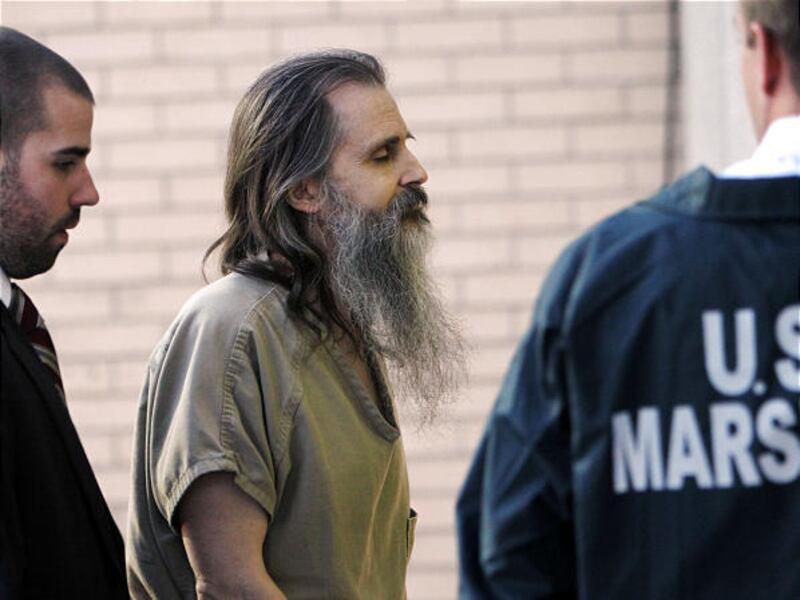SALT LAKE CITY — The one-day interruption in the criminal trial against Brian David Mitchell is unusual mostly because it came so soon in trial proceedings.
But did intervention by the 10th Circuit Court of Appeals in Denver open the door for another appeal on the same grounds if Mitchell is convicted? Probably not, according to former BYU law professor and private legal consultant Marguerite Driessen.
Will the early interruption — halfway through defense opening arguments — forge a mindset in the jury in favor of one side or the other? Not likely, Driessen and Brett L. Foster, a Salt Lake trial lawyer, believe.
Mitchell's attorneys have made repeated efforts to convince the court a fair trial is not possible within the community of the highly publicized alleged kidnapping of Elizabeth Smart. Mitchell is charged with kidnapping and unlawful transportation of a minor.
On Wednesday, Mitchell's attorneys appealed to the 10th Circuit for a second time for a change of venue and sent the appeals court the responses some potential jurors gave to questionnaires during jury selection — information meant to show a bias against Mitchell. That filing led the appeals court to order a suspension of the trial on Thursday.
But by the time the 10th Circuit Court issued a stay in the proceedings, the judge and attorneys had empaneled a 12-member jury with two alternates, and none of the potential jurors the defense believes exhibited a bias against Mitchell made it to the final jury.
"My sense is, the defense closed off this avenue of appeal," Driessen said of the question about venue. "They were proceeding with the 12 jurors and two alternates without appeal on any specific juror who was part of the final panel. Now, the 10th Circuit has just made it clear that the venue question is moot."
Thursday's interruption is the first for the jury, but it will not be the last. Interruptions where the judge suspends proceedings or consults with attorneys outside of the jury's presence are frequent, Driessen said. "The only thing that's even weird about this is (the suspension) came during opening arguments. "But arguments are not evidence. The jury is not to consider anything that counsel says only in opening and closing arguments, ever."
Foster is with the Salt Lake office of law firm Holland & Hart, which has an in-house consulting group that studies jury behavior. He said the appellate court's ruling on the venue question just one day after ordering a suspension of the trial on Thursday is "remarkably quick. I think the impact will be minimal, in terms of disruption."
"We study the effects on juries when there are pauses and delays, and what it takes to recapture the momentum," Foster said. "It would be different if you had a lengthy delay. If you had to wait a week or two weeks or a month, then you've got a potential for a loss."
e-mail: sfidel@desnews.com


